 I think it would be fair to say that Pang Wei’s arc has always felt quite a bit different than anyone else’s in Piano no Mori, but over the past few episodes it’s almost like he’s a character out of a different series. I actually rather like that he’s abrasive and has a dodgy backstory – that makes him more interesting as an antagonist. But Isshiki-sensei really went all-out with the drama here – I mean, really over the top. Maybe it played better on the page, but in anime form it’s pretty histrionic stuff – especially given the fairly broad tone this series usually settles in.
I think it would be fair to say that Pang Wei’s arc has always felt quite a bit different than anyone else’s in Piano no Mori, but over the past few episodes it’s almost like he’s a character out of a different series. I actually rather like that he’s abrasive and has a dodgy backstory – that makes him more interesting as an antagonist. But Isshiki-sensei really went all-out with the drama here – I mean, really over the top. Maybe it played better on the page, but in anime form it’s pretty histrionic stuff – especially given the fairly broad tone this series usually settles in.
 We do get a little Lech drama first – and he’s turned into a fairly outlandish character too in some respects. Basically he seems to be a jerk if we’re honest. Sure he’s got a complex about his sister Emilia and her accident (about which we still know little apart from that it happened five years ago and Emilia is in a coma), including whether it really was in-part his fault), but even getting past the habitual lying, the petty mind games he plays are beneath a pianist of real stature. And shame on Kai for being dumb enough to allow himself to be baited before Shuuhei (rather conveniently) shows up to prevent him from doing something really stupid.
We do get a little Lech drama first – and he’s turned into a fairly outlandish character too in some respects. Basically he seems to be a jerk if we’re honest. Sure he’s got a complex about his sister Emilia and her accident (about which we still know little apart from that it happened five years ago and Emilia is in a coma), including whether it really was in-part his fault), but even getting past the habitual lying, the petty mind games he plays are beneath a pianist of real stature. And shame on Kai for being dumb enough to allow himself to be baited before Shuuhei (rather conveniently) shows up to prevent him from doing something really stupid.
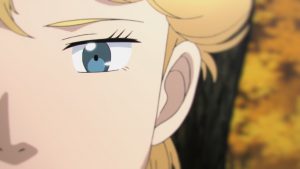 As for Pang, there’s some good stuff here with him but it certainly doesn’t all click. I wasn’t thrilled that he switched to the Concerto #1, first of all – it would have been far more interesting to me to hear him play the 2, and oddly we never get a real explanation for why he made the change (which forces me to assume it was for the obvious reason). And then there’s the whole business with his father Hao, which seems like something out of a mediocre thrilled. Murder, intrigue – in Piano no Mori? Again, I don’t mind that he’s a jerk (daddy issues are the source of much great art) but I’m not sure why Isshiki felt the need to inject all that cloak and dagger stuff.
As for Pang, there’s some good stuff here with him but it certainly doesn’t all click. I wasn’t thrilled that he switched to the Concerto #1, first of all – it would have been far more interesting to me to hear him play the 2, and oddly we never get a real explanation for why he made the change (which forces me to assume it was for the obvious reason). And then there’s the whole business with his father Hao, which seems like something out of a mediocre thrilled. Murder, intrigue – in Piano no Mori? Again, I don’t mind that he’s a jerk (daddy issues are the source of much great art) but I’m not sure why Isshiki felt the need to inject all that cloak and dagger stuff.
 The pivotal scene of the episode (in addition to the performance of course) was Pang’s conversation with Ajino. This series has a bad habit of hero-worshipping too much when it comes to Kai, and that applies to Ajino too, and I think the way Pang acts here is really over the top. Still, I did like the way Ajino handled the meeting. It would have been easy enough for him to seize the moment and screw with Pang’s obviously vulnerable head, but he seems to have tried to leave Pang’s state of mind in the best possible place – which is exactly what he should want in his situation, but, well… I’m just relieved he took the high road.
The pivotal scene of the episode (in addition to the performance of course) was Pang’s conversation with Ajino. This series has a bad habit of hero-worshipping too much when it comes to Kai, and that applies to Ajino too, and I think the way Pang acts here is really over the top. Still, I did like the way Ajino handled the meeting. It would have been easy enough for him to seize the moment and screw with Pang’s obviously vulnerable head, but he seems to have tried to leave Pang’s state of mind in the best possible place – which is exactly what he should want in his situation, but, well… I’m just relieved he took the high road.
 As for Pang’s take on the #1, it’s something of a repeat of Shuuhei’s transformation in the second road. Again it’s played pretty over-the-top with Pang suddenly turning into an apple-cheeked romantic who loves his mother and weeps on stage, but musically speaking it works. The #1 is a pretty schmaltzy composition if we’re honest, and it does lend itself well to the kind of dewy-eyed lyricism Pang brings to the piece. It’s un unabashedly romantic performance of an unabashedly romantic work, and even if it doesn’t quite pack Pang’s usual peerless technical perfection (big foreshadowing there) it sets the bar pretty high for Kai and Lech.
As for Pang’s take on the #1, it’s something of a repeat of Shuuhei’s transformation in the second road. Again it’s played pretty over-the-top with Pang suddenly turning into an apple-cheeked romantic who loves his mother and weeps on stage, but musically speaking it works. The #1 is a pretty schmaltzy composition if we’re honest, and it does lend itself well to the kind of dewy-eyed lyricism Pang brings to the piece. It’s un unabashedly romantic performance of an unabashedly romantic work, and even if it doesn’t quite pack Pang’s usual peerless technical perfection (big foreshadowing there) it sets the bar pretty high for Kai and Lech.
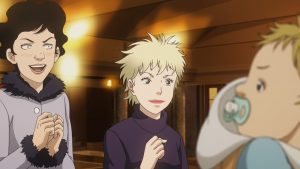 That clears the stage for Kai to be the grand finale – almost, as there’s still the matter of Lech’s performance to consider. The narrative has made it pretty clear that he’s not a brilliant enough pianist to win the competition on merits, so the only way he does is through favoritism. Which would not shock me as an ending here, nor would Kai winning, though I think it’s more likely he gives a performance which trumps even Pang’s (well, that’s a lock) but the Chinese pianist wins even as his stepfather breathes his last.
That clears the stage for Kai to be the grand finale – almost, as there’s still the matter of Lech’s performance to consider. The narrative has made it pretty clear that he’s not a brilliant enough pianist to win the competition on merits, so the only way he does is through favoritism. Which would not shock me as an ending here, nor would Kai winning, though I think it’s more likely he gives a performance which trumps even Pang’s (well, that’s a lock) but the Chinese pianist wins even as his stepfather breathes his last.


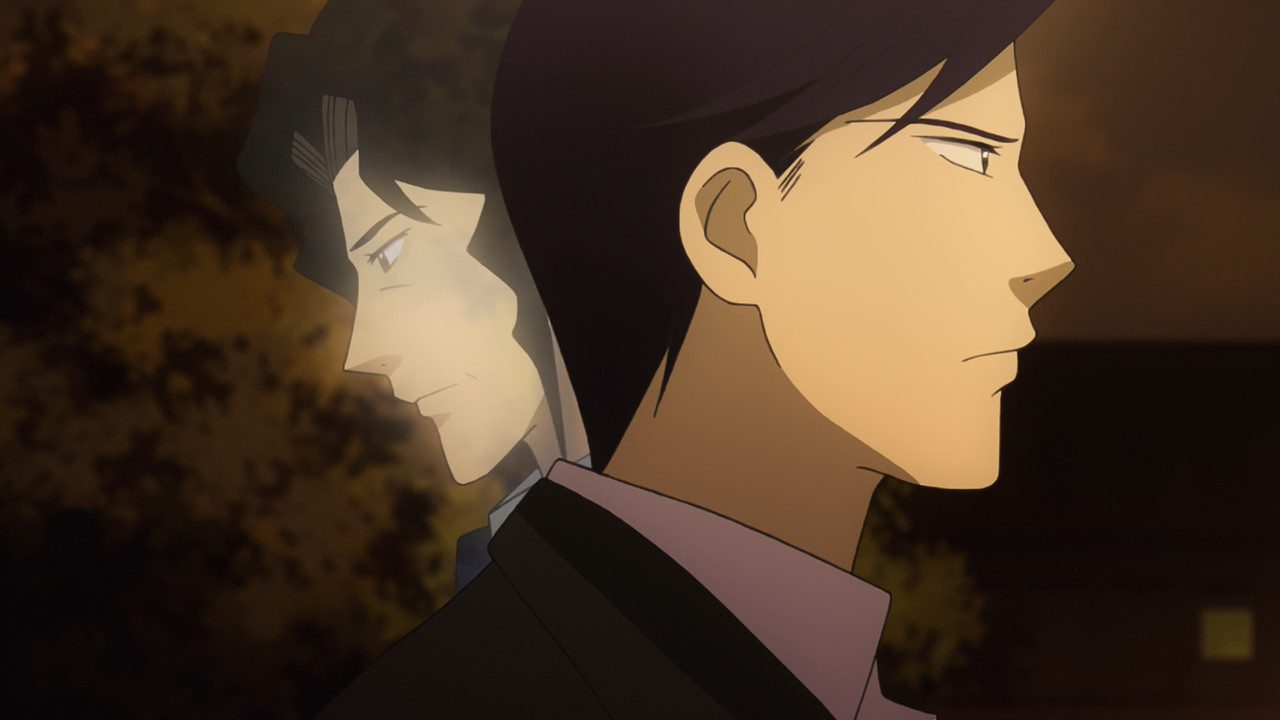
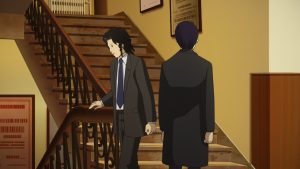


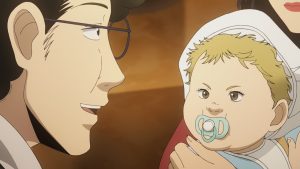
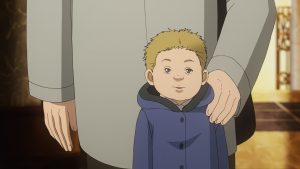

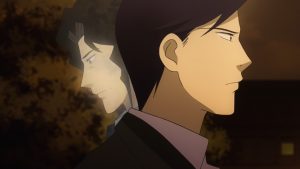
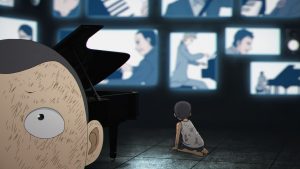
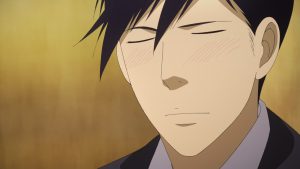

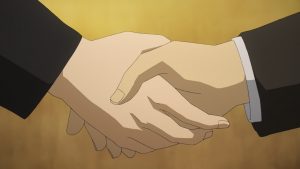


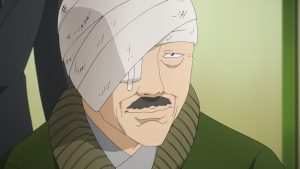

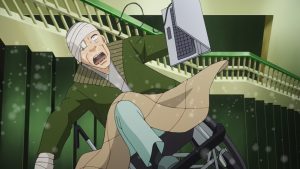
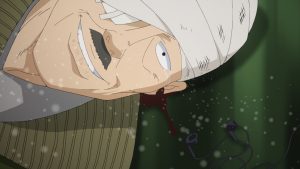
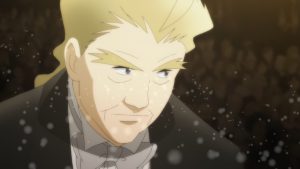

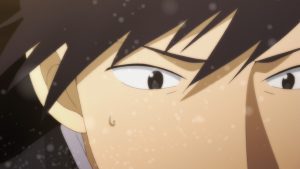


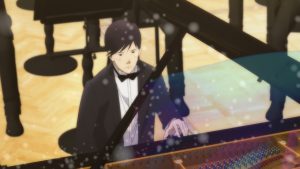
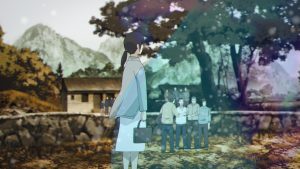
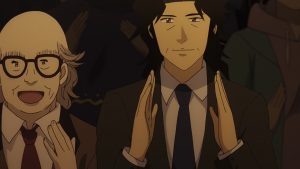
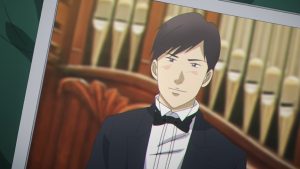


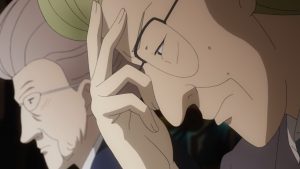
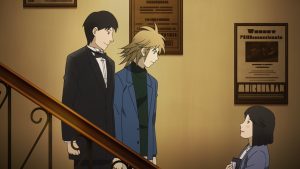

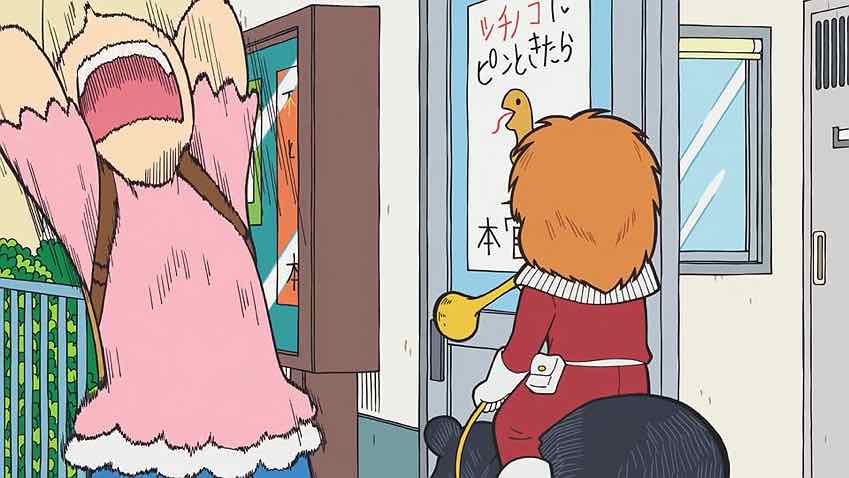
Alex
April 5, 2019 at 5:30 pmhttps://www.youtube.com/watch?v=m-sDiGNklYU